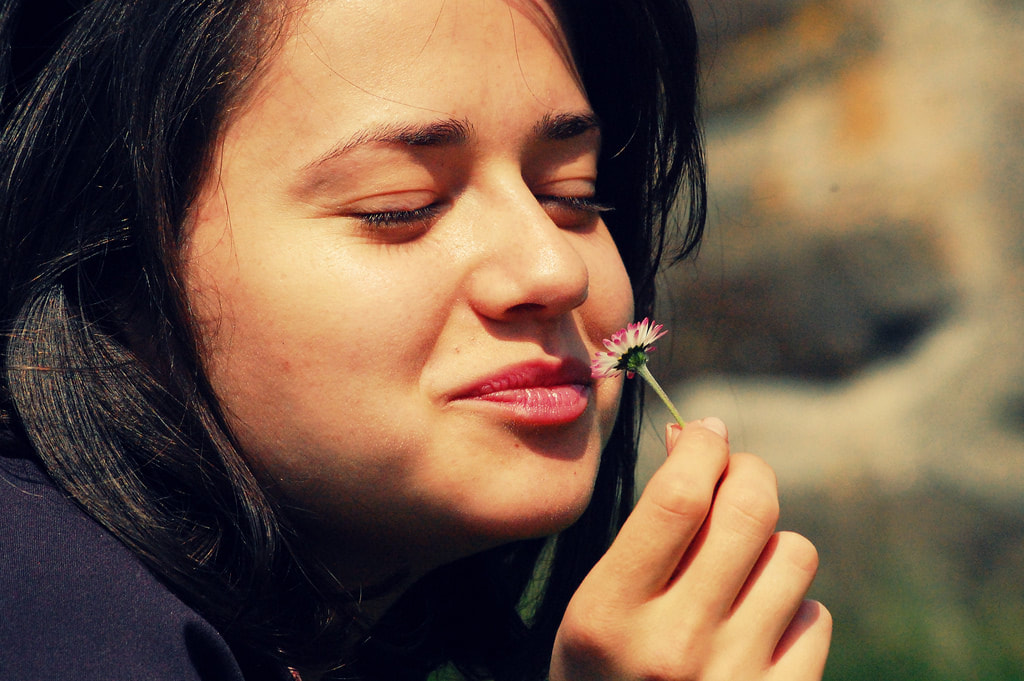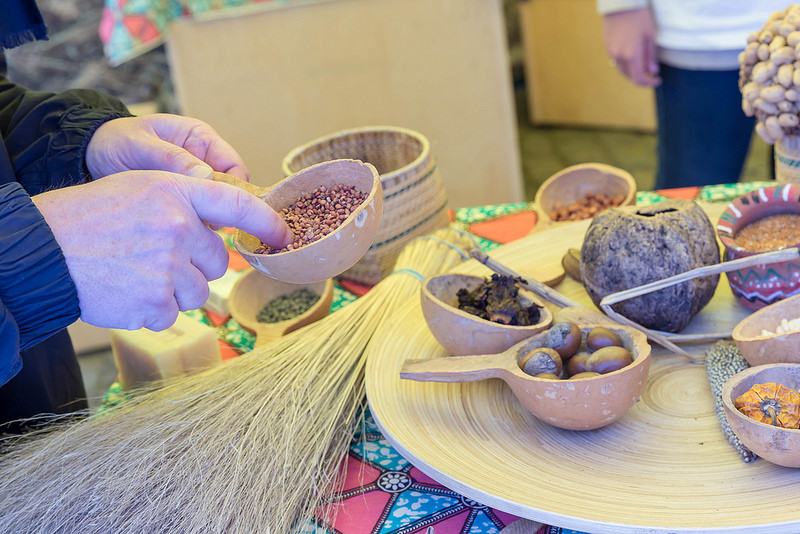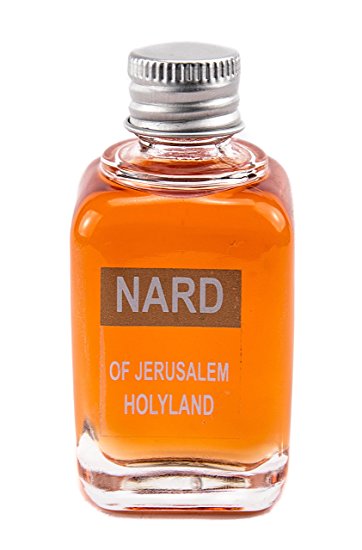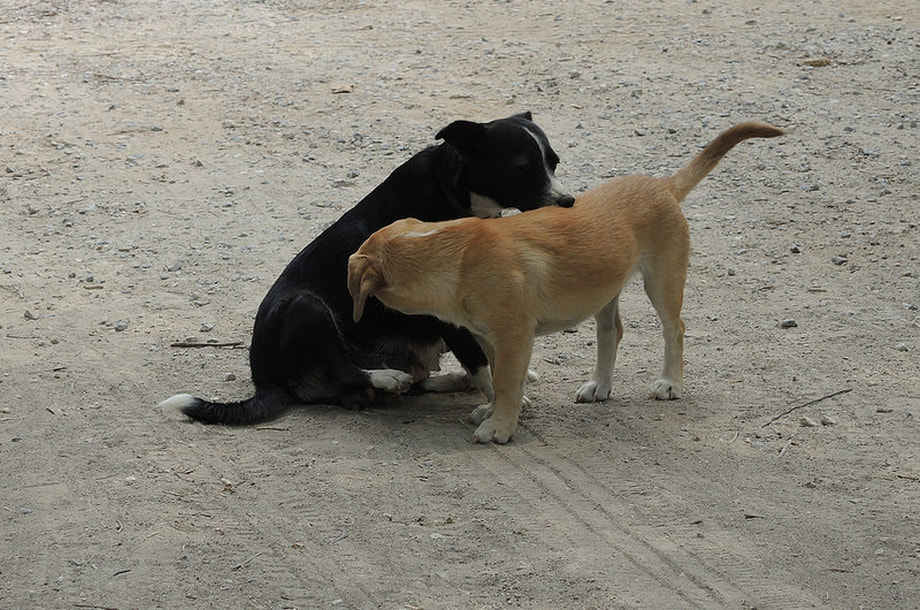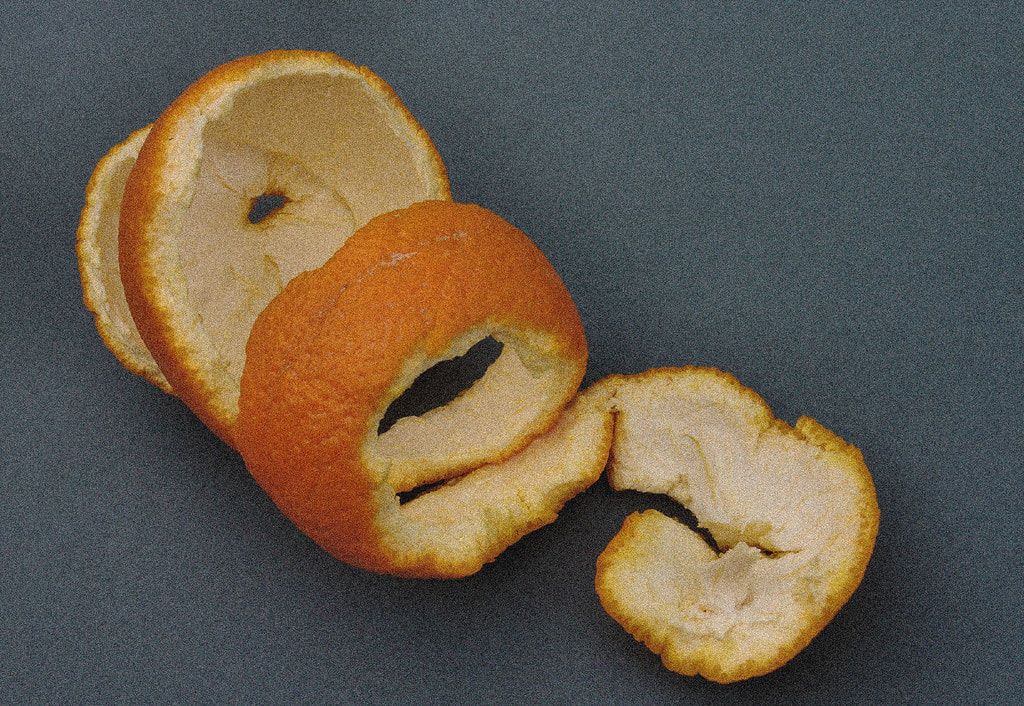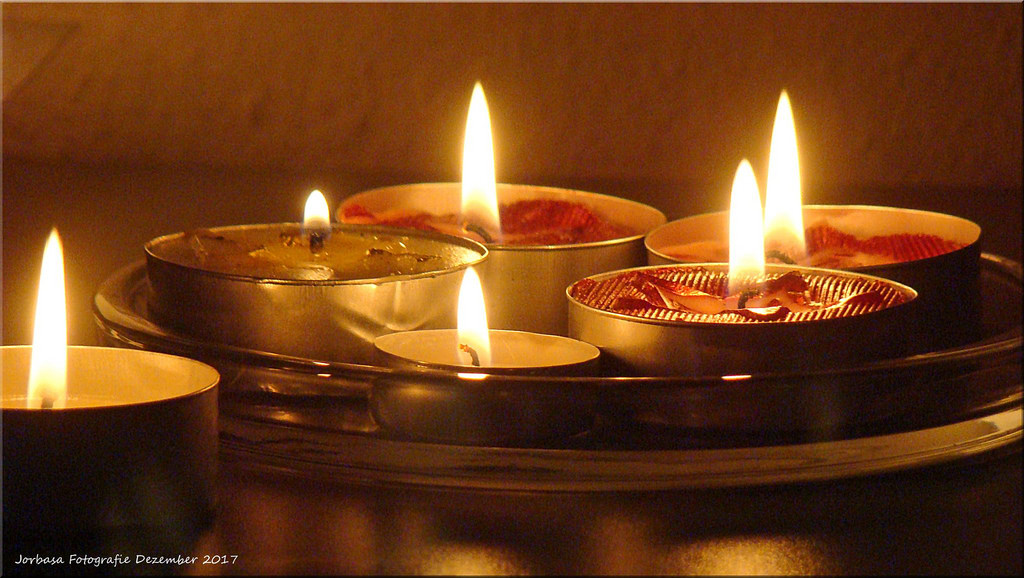Smelling: A Theology
semi-playful reflections
on a theology of aroma
|
The Need for a Theology of Aroma: The Annual Sense of Smell Day is the last Saturday in April every year. Its aim is to celebrate the role of smell in human life, but we Open Horizon (Process) thinkers want to celebrate its role in many forms of life. Bears, sharks, elephants, kiwis, moths, and, of course, dogs have much better olfactory capacities than humans. But we humans smell, too. It is essential to our food preparation, our taste, and our relations with others, including our sexual relations. And if the universe happens to be enfolded with an embodied Mind who feels each and all in a loving way, we might well imagine that this Mind likewise smells the world, or at least knows from the inside from it is like for us and other creatures to smell the world. How could God know our experience unless God knew what the world smells like to us?The meaning of particular scents are context-specific, species-specific, and creature-specific. We live in a world of scents. Somebody needs to develop a theology of aroma.
|
|
While he was in Bethany at the home of Simon the leper, and reclining at the table, there came a woman with an alabaster vial of very costly perfume of pure nard; and she broke the vial and poured it over His head. (Mark 14:3) |
Developing a Theology of Smell:
Seven Ideas to Get Started
1. Smelling is a form of intimacy. Objects outside our bodies become part of us, and we become part of them, through scent.
2. Other animals are much better at smelling than we humans, and their remarkable capacities for smell rightly remind us that our human ways of knowing -- often reliant on vision -- are limited and perspectival; complemented and surpassed by others.
3. Still, we too are smellers Smelling helps us identity and taste food; choose mating partners; avoid dangers; enjoy momentary pleasures; locate objects; and relive moments from the past.
4. Smelling is often sexual. Should it be surprising that, when the woman came to Jesus, she poured perfume on his head?
5. Smelling provides metaphors for religious ideals. Should it be surprising that Christ is described in the New Testament as a fragrant offering? Or that God is offended by the stench of injustice?
6. One way, and not the only way, of reclaiming the bodily dimension of religious life, in age too often prone toward finding God in ideology alone, is to be humbled by the olfactory capacities of other animals and do our best to remember the worlds of scent.
7. We need to be reminded that some of the best sacraments in life are the pleasant scents of daily life. They are windows to God, or better, aromas to God.
2. Other animals are much better at smelling than we humans, and their remarkable capacities for smell rightly remind us that our human ways of knowing -- often reliant on vision -- are limited and perspectival; complemented and surpassed by others.
3. Still, we too are smellers Smelling helps us identity and taste food; choose mating partners; avoid dangers; enjoy momentary pleasures; locate objects; and relive moments from the past.
4. Smelling is often sexual. Should it be surprising that, when the woman came to Jesus, she poured perfume on his head?
5. Smelling provides metaphors for religious ideals. Should it be surprising that Christ is described in the New Testament as a fragrant offering? Or that God is offended by the stench of injustice?
6. One way, and not the only way, of reclaiming the bodily dimension of religious life, in age too often prone toward finding God in ideology alone, is to be humbled by the olfactory capacities of other animals and do our best to remember the worlds of scent.
7. We need to be reminded that some of the best sacraments in life are the pleasant scents of daily life. They are windows to God, or better, aromas to God.
Pleasant Smells: Sacraments in
the Religion of Daily Life
Ten Scents Recognizable by Humans
|
What about noxious smells?
Nine of the scents are pleasant and one is noxious. Evolutionarily, a distaste for noxious smells had the advantage of helping our ancestors avoid dangers both mental and physical. We ought not eat rotting meat. Spiritually, noxious smells also remind us that life is not about pleasure alone: that there is a decay side of life, sometimes violent and destructive. Death and violence have their odors. We understandably hold our noses as noxious odors, but we best hold with a gentle grasp, remembering that the purpose of spirituality it to look at the whole of life, not just the fragrant side. Noxious smells keep us honest. |
The Nose as a Source of Wisdom
What Science Suggests
"Olfactory sense is, in terms of evolution, one of the oldest senses, allowing the organisms with receptors for the odorant to identify food, potential mating partners, dangers and enemies. For most living creatures and for mankind smell is one of the most important ways of interaction with the environment.
'
In humans, olfaction has a small contribution in identifying objects or other people, but plays an important social and emotional part. People learn to love or to hate certain foods or objects only by appreciating their odor and this proved to be a very important economic factor. The most significant role of olfactory signals in humans appears to be the modulation of their behavior and interpersonal relationships, of their affiliation to certain groups or social classes, having a major influence in their tastes and personality.'
-- Sarafoleanu, C et al. “The Importance of the Olfactory Sense in the Human Behavior and Evolution.” Journal of Medicine and Life 2.2 (2009): 196–198. Print.
The Spiritual Side of Smell
A Freshly Peeled Orange, Newly Washed Laundry
A freshly peeled orange, sun-warmed pines, newly washed laundry: What fragrances do you find most memorable and appealing? Here's a day to appreciate your sense of smell. It's celebrated each year on the last Saturday in April; many children's centers and museums offer experiments and hands-on experiences as part of the festivities.
Within the last couple of centuries, scientists and philosophers created a hierarchy of senses that promotes vision as superior and smell as lowest in the chain. But think what it allows you to do that other senses cannot! You walk into the kitchen, smell a faint whiff of toast, and know that a family member has been there before you, making breakfast. A car passes you and you smell the brakes burning: Now you know that it came down the steep hill behind you rather than up from the town below, even though you neither saw nor heard it.
Kate Fox, Director of the Social Issues Research Centre in Oxford, England, put together a remarkable report on this typically undervalued sense. She explains that two small odor-detecting patches high up in our nasal passages allow us to smell. They are made up of about five or six million olfactory cells, compared with a rabbit's 100 million and a dog's astonishing 220 million receptors. "Humans are nonetheless capable of detecting certain substances in dilutions of less than one part in several billion parts of air. We may not be able to match the olfactory feats of bloodhounds, but we can, for example, ‘track’ a trail of invisible human footprints across clean blotting paper."
She also reminds us of the essential tie between taste and smell. "The so-called taste-buds on our tongues can only distinguish four qualities — sweet, sour, bitter and salt — all other ‘tastes’ are detected by the olfactory receptors high up in our nasal passages."
-- Patricia Carlson, Spirituality and Practice, Annual Sense of Smell Day
Your Yuck is My Yum
Why Dogs Smell Each Other's Butts
Dogs' sense of smell overpowers our own by orders of magnitude—it's 10,000 to 100,000 times as acute, scientists say. "Let's suppose they're just 10,000 times better," says James Walker, former director of the Sensory Research Institute at Florida State University, who, with several colleagues, came up with that jaw-dropping estimate during a rigorously designed, oft-cited study. "If you make the analogy to vision, what you and I can see at a third of a mile, a dog could see more than 3,000 miles away and still see as well."
-- NOVA: Dog's Dazzling Sense of Smell
What do dogs have that we don't? For one thing, they possess up to 300 million olfactory receptors in their noses, compared to about six million in us. And the part of a dog's brain that is devoted to analyzing smells is, proportionally speaking, 40 times greater than ours.
-- NOVA: Dog's Dazzling Sense of Smell
Can God smell the world? And can we encounter God through our nostrils? Well, yes, maybe so.
Panentheism invites a recognition that God is in the world and the world is in God. God is not in in the world as a King on a throne, but rather as a Friend of life. The world is in God as a datum for God's prehensions. While God does not have physical senses, God may nevertheless prehend the world in a way that resembles seeing, hearing, tasting, touching, and smelling. In the language of process theology, God physically prehends the world: feeling its feelings. This includes olfactory feelings: acts of smelling. And God feels the feelings empatthically. This means that God partakes of smelling. God then responds to what is smelled.
God is in the world is as an inwardly felt lure to live with satisfaction relative to the situation at hand. We feel this indwelling lure through what Whitehead calls prehensions. We prehend the lure. Some prehensions are conscious; but most re preconscious. The prehensions of God's lure come to us through what Whitehead calls hybrid physical feelings: that is feelings of God's own mind for our well-being through physical feelings of God's mind.
These hybrid prehensions are not exactly sensory experience, but they are intertwined with such experience such that, when we see or taste or listen or touch or smell, we encounter God's lure in the very acts of sensing the world.
The satisfaction at issue -- our aim for ourselves and God's for us -- can be physical, emotional, cognitive. Or, as is often the case, all of them combined. To the degree what we are open and responsive to this lure, relative to our capacities, we are partaking of an aspect of what people call “spirituality.” One way that we find satisfaction is to enjoy, to savor, smells, allowing them to nourish our lives.
